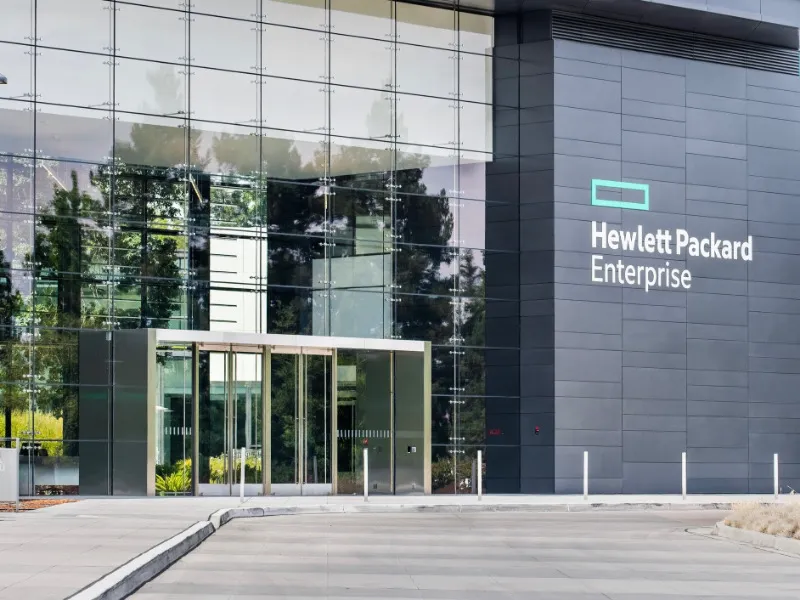- The European Commission has given its unconditional approval for Hewlett Packard Enterprise (HPE) to acquire Juniper Networks in a landmark $14 billion deal.
- This acquisition is a strategic maneuver by Hewlett Packard Enterprise to bolster its position in the networking and data centre markets.
OUR TAKE
HPE’s is planning to swallow Juniper Networks for a whopping $14 billion.The EU has given its unconditional approval, saying after a thorough investigation that the merger won’t significantly hurt competition in wireless LAN equipment, access points, and Ethernet/data center switches. But honestly, these days, big company mergers are like grabbing fast food – always raising concerns about monopolies. Remember when Google acquired so many companies, always assuring ‘trust us, we’ll stay competitive’? Well, let’s see. This HPE-Juniper deal, while supposedly enhancing technology, hopefully won’t end up as another tollgate for innovation. The UK’s antitrust watchdog is still eyeing it, and we’ll just have to wait and see.
–Miurio huang, BTW reporter
What happened
The European Commission has given its unconditional approval for Hewlett Packard Enterprise (HPE) to acquire Juniper Networks in a landmark $14 billion deal. Announced on Thursday, the approval follows a thorough investigation by the EU Commission, which concluded that the merger would not significantly diminish competition within the markets for wireless local area network equipment, access points, Ethernet campus switches, and data centre switches.
The EU Commission’s findings indicate that the combined market position of HPE and Juniper will remain moderate, as the merged entity will continue to face robust competition from various industry players. This acquisition marks a significant move in the tech industry, reflecting the urgency of companies to advance their technological offerings amid the burgeoning demand for AI-driven services.
This development follows earlier reports that HPE was on track to secure approval for this acquisition, which was initially announced in January. The British antitrust authorities are also scrutinising the deal, with their decision expected by August 14.
Also read: HPE’s $14B bet on Juniper faces regulatory hurdle
Also read: HPE brings LLMs to Aruba as AI takes over the network
Why it’s important
This acquisition is a strategic maneuver by Hewlett Packard Enterprise to bolster its position in the networking and data centre markets. By integrating Juniper Networks’ robust portfolio of networking gear, HPE aims to enhance its capabilities in delivering advanced solutions to meet the growing demands of AI and digital transformation.
The approval from the EU Commission signifies a crucial step forward, as it removes a significant regulatory hurdle, allowing HPE to move ahead with its ambitious plans. The deal underscores the competitive dynamics in the tech industry, where companies are in a race to innovate and expand their product lines to cater to the increasing adoption of AI technologies.
Moreover, the deal’s approval without conditions highlights the competitive landscape’s resilience, indicating that there are still numerous players in the market capable of challenging the merged entity. This competitive pressure ensures that innovation and customer choice remain intact, benefiting the broader industry.
HPE’s acquisition of Juniper Networks also highlights a broader trend of consolidation within the tech sector, as firms seek to combine their strengths to better compete in a rapidly evolving market. This trend is particularly pronounced in the areas of networking and data centres, which are foundational to supporting the next generation of AI applications and services.The decision from the UK’s antitrust authority, due later this month, will be the next critical milestone for this acquisition. If approved, it would clear the way for HPE to finalise the deal, setting the stage for significant advancements in networking technology and infrastructure.
The EU’s approval of HPE’s acquisition of Juniper Networks is a pivotal moment in the tech industry, reflecting the strategic moves companies are making to stay ahead in the race for AI and digital transformation leadership. The outcome of this deal will likely influence the competitive dynamics and innovation trajectories in the networking and data centre markets for years to come.

